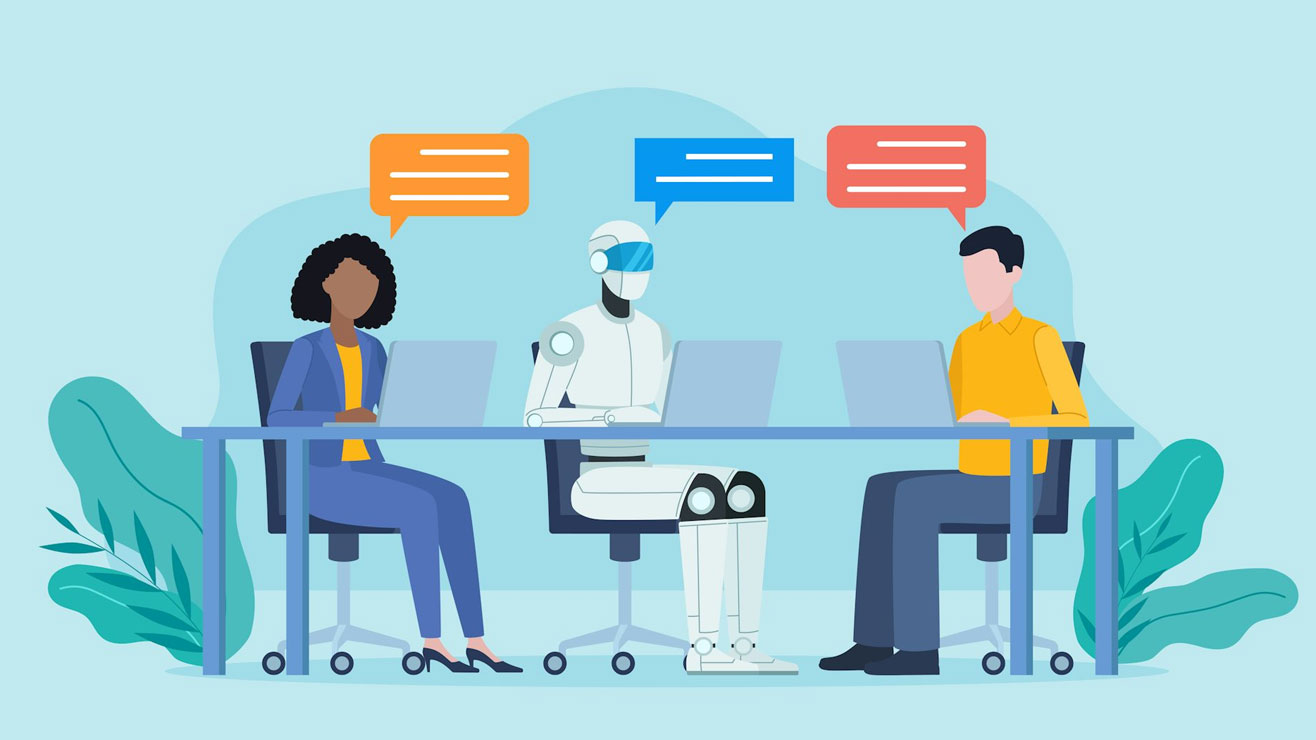1st Neuralink patient shown using brain chip to control computer and play chess in unexpected livestream
In a surprise video, Elon Musk's Neuralink revealed the first recipient of the company's brain-computer interface using the device to play online chess. They also discussed the "life-changing" procedure for the first time.
The first person with Neuralink's computer-linked chip implanted in the surface of their brain showed off their "telekinetic" online chess-playing skills while discussing the "life-changing" procedure for the first time in a surprise livestream.
Noland Arbaugh, a 29-year-old with quadriplegia (or paralysis that affects the body from the neck down), volunteered to have the device implanted as part of Neuralink's ongoing trial of the technology. Until now, his identity had remained a closely guarded secret.
In the video, which was posted March 20 on X, formerly known as Twitter, Arbaugh played a game of online chess on a laptop while controlling the cursor with his thoughts. He said that controlling computers with his mind felt "like using The Force" and joked that he planned to dress as the telepathic superhero Professor X for Halloween this year.
Arbaugh described learning to use the brain chip to control a computer cursor, initially by attempting to move his hand to generate the necessary brain signals.
"From there, I think it just became intuitive for me to start imagining the cursor moving," he said in the livestream. "Just stare somewhere at the screen and it would move where I wanted to, which was such a wild experience."
Related: New 'thought-controlled' device reads brain activity through the jugular
Neuralink is a U.S.-based company founded and owned by SpaceX mogul Elon Musk. It specializes in brain-computer interfaces (BCIs), devices that read brain activity and translate it into commands that operate a computer system.
Get the world’s most fascinating discoveries delivered straight to your inbox.
The Neuralink device being tested, called Telepathy, is around the size of a coin and is implanted into a small hole in the skull, which is drilled by a robot. Once inserted, the device releases electrode threads that connect to "a region of the brain that controls movement intention," Neuralink representatives wrote in a previous statement. The device then detects the brain's electrical signals and wirelessly transmits that data to an app, which ultimately translates it into computer commands that can control a keyboard and mouse.
The U.S. Food and Drug Administration cleared the device to be tested in human trials in June 2023. In January this year, Musk announced that the first device had successfully been implanted into a human patient, who we now know was Arbaugh.
The livestream was completely unexpected and is the first update from Neuralink on the company's X account since it reposted Musk's announcement in January.
Arbaugh, who said he sustained his injuries after a diving accident eight years ago, appeared to be at ease in the video as he played the chess game and talked to Neuralinks' BCI software lead Bliss Chapman. He also used the cursor to pause a song that was playing in the background.
"It's all being done with my brain," Arbaugh said in the video. "It's crazy!"
In addition to playing chess, Arbaugh said he has used the device to play the computer game Civilization VI and to help him learn Japanese and French, presumably through the use of online programs.
Before receiving the Neuralink device, Arbaugh's computer-based exploits were limited to using a mouth stick or relying on family members to press buttons for him. "Now I can lie in bed and play to my heart's content," Arbaugh said.
Arbaugh also revealed that the surgery to implant the device was "super easy" and that he was discharged from the hospital a day later. He also said that he has had "no cognitive impairment" since the device was implanted.
Regarding why he entered the trial, Arbaugh said, "I wanted to be a part of something that I feel like is going to change the world."
"It has already changed my life," he added. "I'm so freaking lucky to be a part of this."
However, last month, experts expressed concerns at the lack of transparency surrounding Neuralink's first human trial and cautioned that, in general, BCIs could be susceptible to hacking, so transparency is warranted.
In the past, critics have also voiced concerns about the ethics of artificially augmenting people's brains, specifically those without a need for such devices. Neuralink's devices are currently being tested as assistive technologies for people with paralysis, as are other similar devices made by other companies. But Musk has talked of people — including himself — eventually using Neuralink's implants for self-enhancement.
Chapman said in the livestream that Nerualink would release more information about the device and the initial trial in "the coming days."
Ever wonder why some people build muscle more easily than others or why freckles come out in the sun? Send us your questions about how the human body works to community@livescience.com with the subject line "Health Desk Q," and you may see your question answered on the website!

Harry is a U.K.-based senior staff writer at Live Science. He studied marine biology at the University of Exeter before training to become a journalist. He covers a wide range of topics including space exploration, planetary science, space weather, climate change, animal behavior and paleontology. His recent work on the solar maximum won "best space submission" at the 2024 Aerospace Media Awards and was shortlisted in the "top scoop" category at the NCTJ Awards for Excellence in 2023. He also writes Live Science's weekly Earth from space series.


